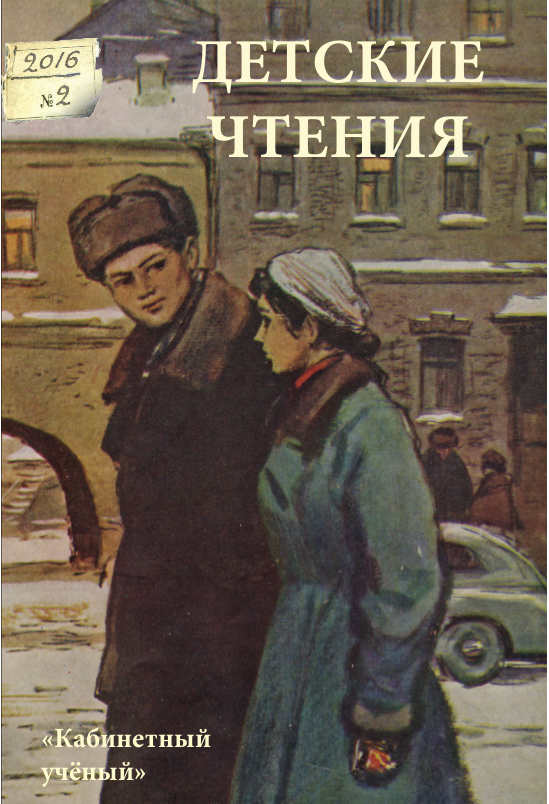“This work provides negative influence on school pupils”: Mikhail Sholokhov’s Novel Virgin Soil Upturned and the emergence of the new reading culture after the 20th Party Congress
Abstract
Sociology of reading as a discipline was banned in the USSR from the late 1930s until the end of the 1950s. The officially acknowledged Soviet concept of “mass reading” was essentially normative and it aimed at minimizing individual differences of literary reception. Thus, the changes in individual reader’s attitudes to literary works included in the “Stalin’s” canon remained one of the most difficult questions within the study of literary reception in the USSR. This paper presents the unique archival source that allows us to trace fast change in the perception of Mikhail Sholokhov’s novel Virgin Soil Upturned (first volume: 1932) during the “Thaw” period. This source consists of a series of letters to the Central Committee of CPSU and to Mikhail Sholokhov personally, written in 1956 by an unknown schoolteacher, Evgenii Ziberov, who was demanding to exclude Sholokhov’s novel from the school’s literature curriculum. Ziberov regarded Sholokhov’s novel as “propaganda of cynicism and violence.” The schoolteacher explained the change in his attitude through two instances: the influence of Nikita Khrushchev’s Secret Speech delivered at the 20th Congress of CPSU (1956) and the Soviet publication of a paper on the Yugoslav village cooperatives (in the same year). The analysis of Ziberov’s rhetoric allows us to explain the hidden shift in the Soviet intelligentsia’s strategies of reading during the early “Thaw” period.
Keywords: Mikhail Sholokhov, Virgin Soil Upturned, Evgeny Ziberov, “The Thaw”, 20th Party Congress, reception’s aesthetics, the horizon of expectations, alarming morals, Yugoslav-Soviet relations







